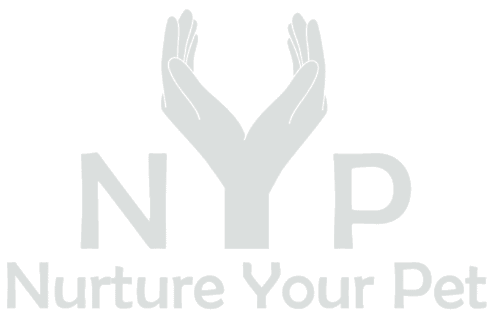Neglecting Regular Veterinary Check-ups:
One of the most common mistakes pet parents make is neglecting regular veterinary check-ups. These routine visits are crucial for maintaining your pet’s health and preventing potential diseases or conditions from becoming serious problems. Veterinary professionals are trained to identify subtle signs of illness that may go unnoticed by an untrained eye. They also administer necessary vaccinations and provide preventive treatments such as parasite control.
To avoid this mistake, visit your vet annually for immunizations, physical exams, dental treatment, and blood tests if needed. If your pet has any unusual symptoms or behavior changes, get medical assistance immediately.
Poor Nutrition Choices:
A well-balanced diet is vital for the overall health of your fur baby. However, many pet parents unknowingly make mistakes when it comes to their pet’s nutrition. Giving unsuitable food or overfeeding can lead to obesity or malnutrition.
Consult your vet about the ideal food for your pet based on age, breed, size, and health concerns to ensure proper nutrition. Select nutritious commercial pet food recommended by reputable organizations like the Association of American Feed Control Officials (AAFCO). Avoid feeding your pet table scraps, as some human foods can be toxic to animals.

Lack of Exercise and Mental Stimulation:
Dogs, especially, need exercise to stay healthy and avoid behavioral disorders. Many pet parents overlook the value of physical and mental stimulation for their pets. Sedentary lifestyles can lead to obesity, muscle atrophy, and even depression.
Make time for daily walks or play sessions with your pet. Engage them in activities that challenge their minds such as puzzle toys or training sessions. For dogs, consider incorporating obedience classes or dog sports like agility or flyball into their routine. Cats also benefit from interactive toys and cat trees for climbing and scratching.
Inconsistent Training:
Inconsistent training is a common mistake made by pet parents that can lead to behavior problems in pets. Whether you have a puppy or an adult dog, it’s essential to establish consistent rules and boundaries from the beginning. Inconsistency confuses pets and makes it harder for them to understand what behaviors are acceptable.
Invest time in training sessions that focus on positive reinforcement techniques rather than punishment-based approaches. Seek professional help if needed, especially if you’re dealing with specific behavioral issues that require specialized training.
Ignoring Dental Care:
Oral hygiene is often overlooked but plays a crucial role in your pet’s overall health. If their teeth are not properly cared, pets can acquire dental issues such gum disease, tooth decay, and foul breath.
Both dogs and cats should be brushed on a regular basis using products that are suitable for pets. Additionally, provide chew toys or dental treats designed to promote good oral health. If your pet shows signs of dental pain or discomfort (such as reluctance to eat), consult with your veterinarian promptly.
Allowing Uncontrolled Access to Dangerous Substances:
Many household products pose a risk to our pets’ health. It’s essential to pet-proof your home and ensure that toxic substances are safely stored away from curious paws. Common hazards include cleaning products, medications, certain houseplants, and even some human foods like chocolate or grapes.

Keep harmful substances out of reach or locked away in secure cabinets. Familiarize yourself with the list of toxic plants and foods and avoid exposing your pet to them. In case of accidental ingestion, contact your veterinarian or a pet poison control hotline immediately.
Neglecting Mental and Emotional Well-being:
Pets have emotional needs as well, and ignoring those requirements might result in stress, anxiety, or behavioral problems.
Ensure that your pet receives ample social interaction by spending quality time together every day. Engage in activities they enjoy such as playing, snuggling, or simply being present with them. Provide environmental enrichment with toys, scratching posts for cats, or safe spaces where they can relax undisturbed.
Lack of Identification and Microchipping:
Losing a pet is a nightmare scenario for any pet parent. Unfortunately, many pets go missing without proper identification or microchipping. Reuniting lost dogs with their owners becomes exceedingly difficult without these safeguards in place.
Make sure your pet always sports a collar with an ID tag bearing current contact details. Additionally, as a long-lasting form of identification, think about microchipping your pet. Keep the microchip registration information current so that you can easily be contacted if your pet is found.
Conclusion:
As responsible pet parents, it’s important to be aware of common mistakes that we might unknowingly make. As a loving and responsible pet parent, keep in mind that attending to their medical needs, giving them the right nourishment and exercise, and fostering their mental well-being are crucial components.
Discover our Pet Tips Blog for practical advice on pet care, including preventive measures, health concerns, nutrition guidance, and overall well-being tips for your furry friends.








